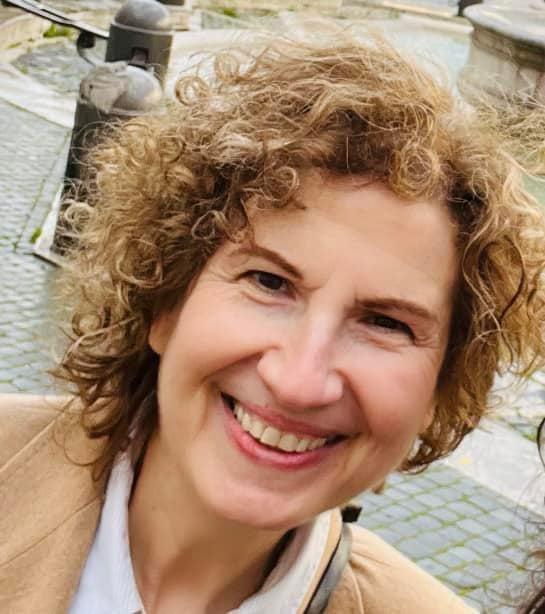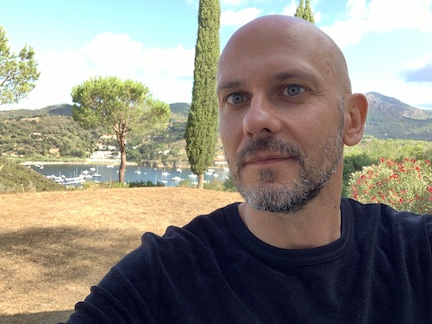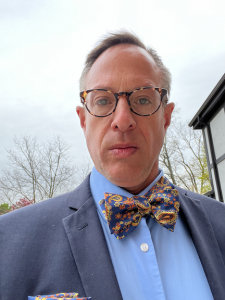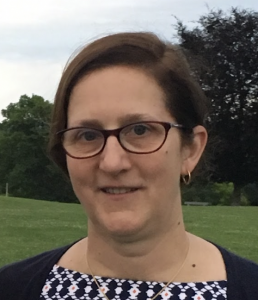The Teaching Italian Symposium was held in person on Friday, October 21, 2022. Montclair State hosted the on campus workshops, maintaining the quality and excellence you have come to expect from this professional development program for K-12 and higher ed professionals.
The 2022 program, Italian + STEM, showed how science, technology, engineering, and math topics can serve as the content and discussion framework for Italian classes. Bill Rivers of the Joint National Committee for Languages of the National Council for Language and International Studies has stated:
“America’s STEM industries depend on the language industry. The work of traditional STEM businesses is now inevitably global; advances hardly occur in just one country or market. Multilingual communication is intrinsic to today’s scientific collaboration and progress, which means the language industry is fundamental to furthering every aspect of STEM professions and business. STEM companies in numerous sectors depend on the professional language industry to access more than $1.5 trillion in overseas markets.”
Teachers can tap into this burgeoning market and provide opportunities for students to hone both linguistic and transversal skills they will need to compete in a global community. The earlier students are able to explore the intersection of language and STEM, the more they will understand the purpose of language learning in their everyday lives and goals.
We are excited to have experts in world languages participate in the panel and lead workshops.
Workshops
This workshop aims at presenting the teaching potential of the YouTube channel Italian Innovators for Italian language and culture courses. Starting from hands-on experience, as content creator and associate professor of Italian at Villanova (as well as former director of the program), activities will be introduced based on the show’s episodes, modeling examples to different levels (beginning, intermediate, advanced) and age groups. The workshop proposes the YouTube pedagogy of Italian Innovators as a creative platform to develop new teaching strategies for brainstorming sessions, development of elementary phrasing, independent research online, teaching Italian history, converting information into content, and storytelling in the target language. LEVEL: Middle/High School, AP Italian, Higher Education (Presenter: Luca Cottini)
Workshop materials: Cottini
This session will show how science, technology, engineering, and math topics can serve as the content and discussion framework for world language classes. Research shows that students learn language best when engaged in hands-on activity. Content-based language teaching simultaneously promotes language acquisition and advances content knowledge. By selecting STEM topics, world language teachers can foster language learning by engaging students in important, real-world projects, while having students utilize their second language knowledge, skills, and abilities to complete the work. Project-based learning integrates all four language skills (listening, reading, speaking, and writing), incorporates collaborative teamwork, and challenges learners to use the target language in different capacities inside and outside the classroom. LEVEL: Elementary School, Middle School (Presenter: Nathan Lutz)
Resources available at www.nathanlutz.org
Challenged by coherence and organization of use of technology and digital tools? This new approach keeps students at the center of the learning endeavor. You will complete a technology use inventory before learning how to design a digital platform to cultivate proficiency and to prepare for proficiency tests (APPL, MOPI, STAMP, National WL Exams).
Google Form will be used for a technology inventory that will survey participants present use of technology tools, websites, learning platforms, and use of instructional practices aimed at students’ proficiency. The results will be displayed and will help inform the workshop presentation and discussion. Additionally, the results will serve as a springboard for the three sections of the presentation; the case for designing a digital platform for student centered learning, the organization of a digital platform that encourages and effectively furthers student proficiency and cutting edge use of digital tools that further the three modes of communication and the four language modalities within your newly designed digital platform.
LEVEL: Elementary School, Middle School, High School, AP Italian, Higher Education (Presenter: Karen Murano)
This workshop aims to rethink the hierarchy between STEM and language learning, often seen as subservient to science. While it is helpful to explore how language learning can improve students’ science skills, we also need to find ways to enhance the synergy of STEM and language learning skills to make our students better critical thinkers and more responsible world citizens.
The workshop will explore ways to balance, harmonize and synergize STEM and language skills, ensuring transformative learning across disciplines and acknowledging their specific cultural contexts. Building on the existing practice and knowledge of the participants, we will collectively design new activities that can stimulate skills synergy and cross-disciplinary connections. The aims are multiple. It is only one of them to take away a shared wealth of ideas for the classroom. The most important is to support a shift of perspective in our students in understanding that they don’t need to choose on one side of the line. They don’t have to turn their back on a passion, whether stem or language. They can love both and pursue them equally. LEVEL: AP Italian, Higher Education (Presenters: Tania Convertini and Giorgio Alberti)
Workshop Materials: Convertini-Alberti-1; Convertini-Alberti-Dalla Maiella al Tirolo
Biographies
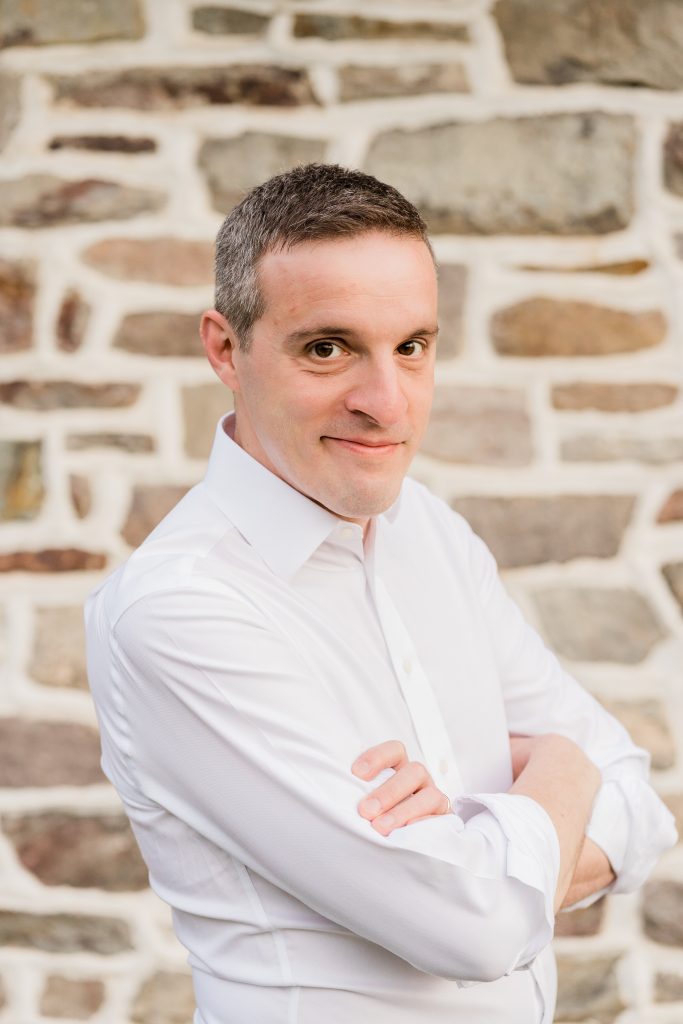
Tania Convertini is Research Assistant Professor of Italian language and culture at Dartmouth College in New Hampshire where he also directs the Italian language program. Her research areas include language pedagogy and digital pedagogy, as well as media studies and intercultural education. She has published articles on the pedagogical use of film and technology in the language classroom, and study abroad best practices. Her current project explores the work of the Italian educator, humanist and television host Alberto Manzi and the role of Italian educational television in the 1960s.
In addition to her BA in Photojournalism from Rochester Institute of Technology in Rochester (NY), and double major in Spanish and Education from Nazareth College of Rochester, she also earned an M.A. in Spanish and an M.A in Italian and Mediterranean Studies at Middlebury College of Vermont. In 2016, she graduated from the University of Connecticut, Stamford, Administrator Preparation Program, UCAPP with a Sixth-Year Degree in Educational Leadership, Administration and Evaluation.

